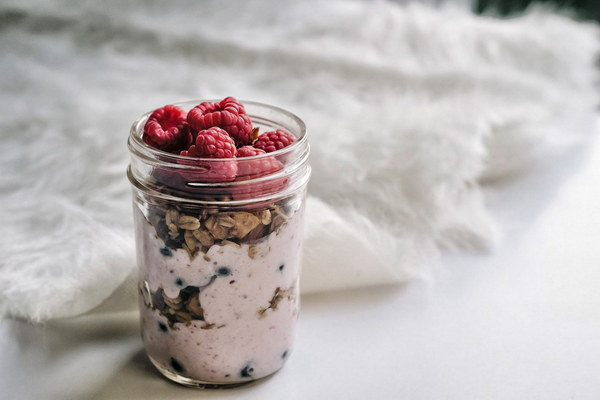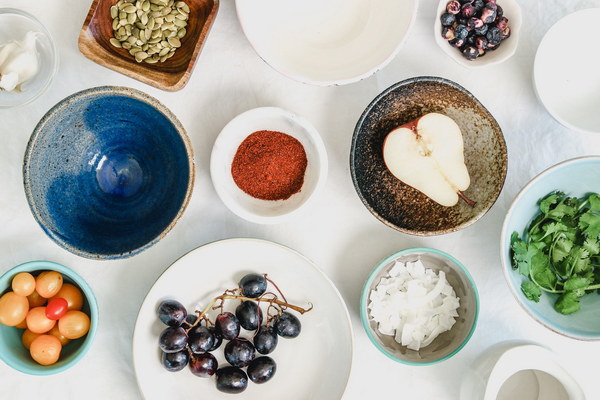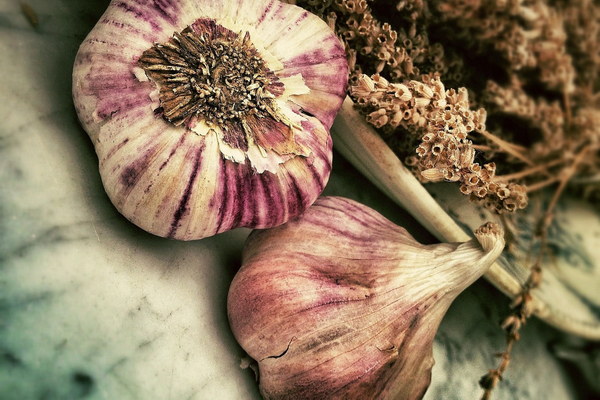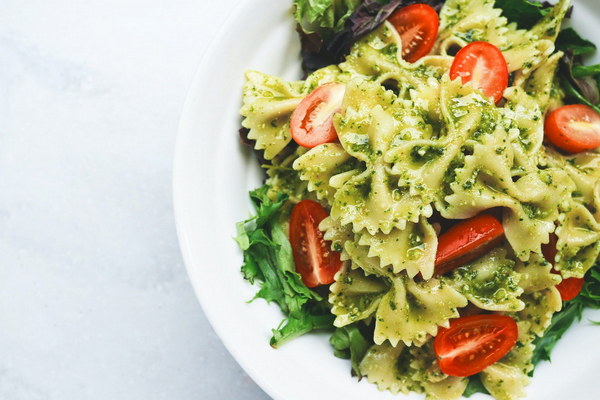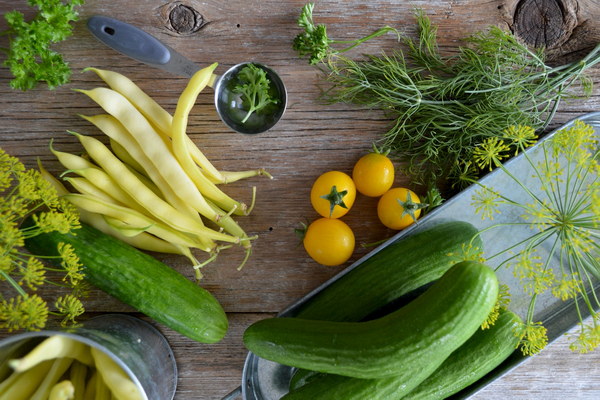What Works Better Herbs or Medications for Dampness Relief
Introduction:
Dampness, or dampness in Chinese medicine, is a condition characterized by excess dampness in the body, leading to various health issues such as fatigue, weight gain, and joint pain. Many people seek natural remedies to alleviate dampness, with herbs and medications being popular choices. This article aims to explore the effectiveness of herbs versus medications in treating dampness and help you make an informed decision for your health.
Herbs:
Herbs have been used in traditional Chinese medicine for thousands of years to treat various health conditions, including dampness. Some of the most commonly used herbs for dampness relief include:

1. Astragalus (Astragalus membranaceus): This herb is known for its immune-boosting properties and can help eliminate dampness from the body.
2. Poria (Poria cocos): Poria is a natural diuretic that can help drain excess dampness and improve fluid balance in the body.
3. Licorice root (Gancao): Licorice root is often used to harmonize other herbs and improve their effectiveness in treating dampness.
4. Codonopsis (Dangshen): Codonopsis is a tonifying herb that can boost the immune system and eliminate dampness.
Herbal remedies for dampness are generally considered safe and have fewer side effects compared to medications. However, it is essential to consult with a healthcare professional before starting any herbal treatment to ensure it is appropriate for your specific health needs.
Medications:
Medications can also be effective in treating dampness, but they may come with more potential side effects. Some commonly used medications for dampness relief include:
1. Diuretics: Diuretics help increase urine production, which can help drain excess dampness from the body. However, long-term use of diuretics may lead to electrolyte imbalances and other complications.
2. Antihistamines: Antihistamines can help alleviate symptoms such as joint pain and fatigue caused by dampness.
3. Pain relievers: Nonsteroidal anti-inflammatory drugs (NSAIDs) can be used to relieve joint pain and inflammation caused by dampness.
While medications can provide quick relief for dampness symptoms, it is important to use them under the guidance of a healthcare professional, as they may not be suitable for everyone and can have adverse effects if not taken correctly.
Comparison:
When comparing the effectiveness of herbs versus medications for dampness relief, several factors should be considered:
1. Safety: Herbs are generally considered safer, with fewer side effects, especially when used in moderation and under the guidance of a healthcare professional.
2. Customization: Herbal remedies can be tailored to individual needs, allowing for a more personalized approach to dampness treatment.
3. Long-term effects: Herbs can promote overall health and well-being, potentially leading to long-term dampness relief. On the other hand, medications may provide short-term relief but may not address the root cause of dampness.
Conclusion:
Both herbs and medications can be effective in treating dampness, but the choice between them depends on individual preferences, health needs, and potential side effects. It is recommended to consult with a healthcare professional to determine the most appropriate treatment for your specific situation. Whether you choose herbal remedies or medications, addressing the root cause of dampness and adopting a healthy lifestyle can contribute to overall well-being and dampness relief.



